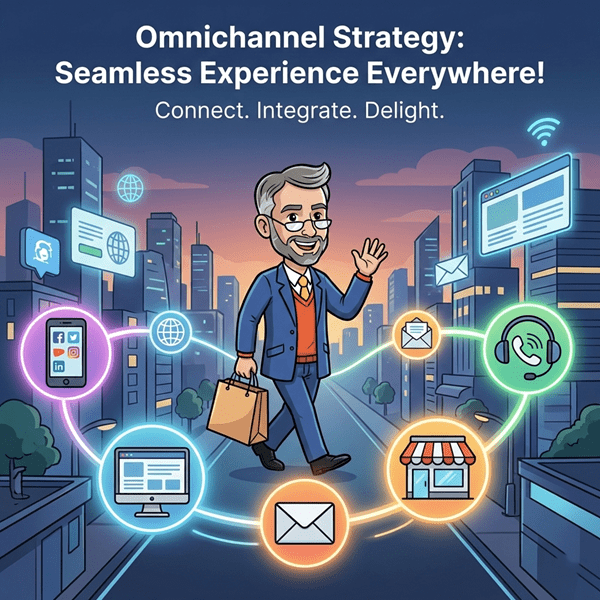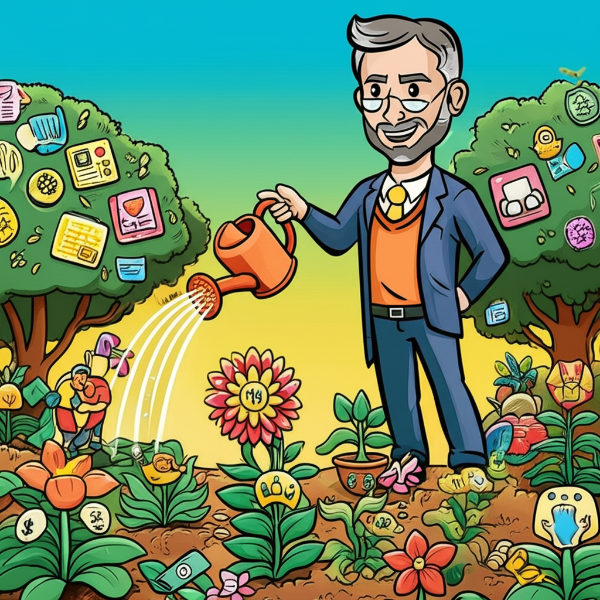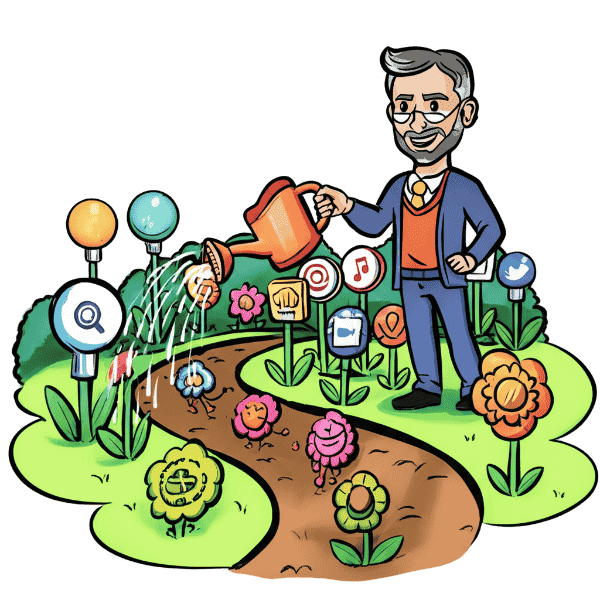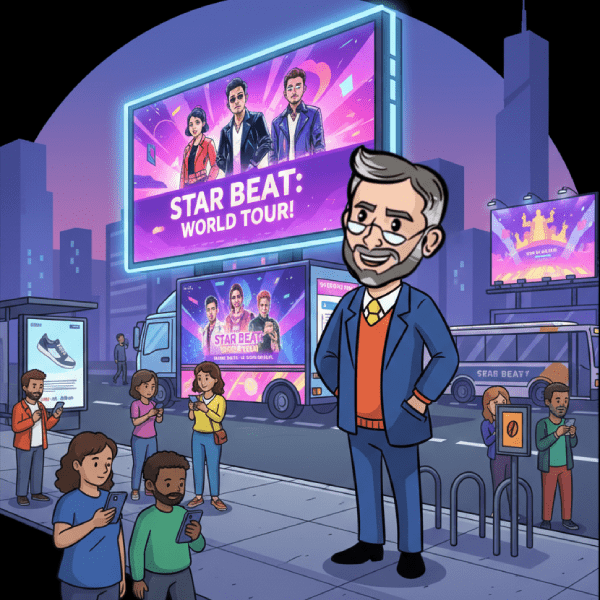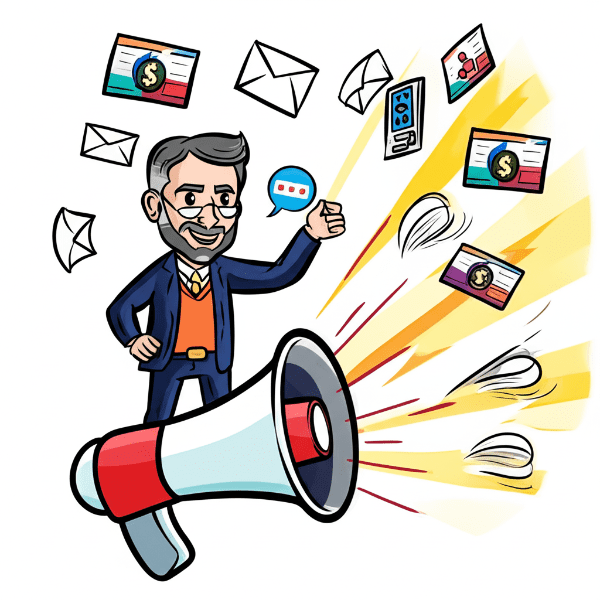Definition: An omni-experience strategy is a customer-focused approach that goes beyond just connecting multiple channels. It integrates every part of the customer journey—online, offline, digital, in-person, and even post-purchase support—into one seamless experience. Unlike multichannel or even omnichannel marketing, an omni-experience strategy considers not only where customers interact with your brand but also how they feel during every stage, ensuring consistency, personalisation, and satisfaction across the entire lifecycle.
Use it in a Sentence: The hotel chain adopted an omni-experience strategy, allowing guests to book online, check in via an app, enjoy personalised offers during their stay, and receive loyalty rewards afterwards—all as one connected experience.
Why an Omni-Experience Strategy is Important
1. Puts Customers at the Centre
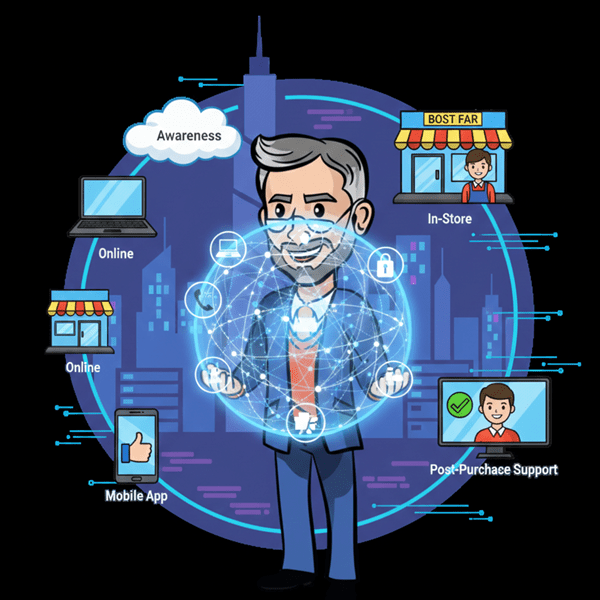
Instead of focusing on channels or touchpoints, an omni-experience strategy ensures the entire journey revolves around customer needs and preferences.
2. Delivers Consistency Everywhere
From mobile apps to call centres to in-store visits, customers get the same messaging, service, and brand feel—no matter where they engage.
3. Builds Stronger Loyalty
By creating a connected, enjoyable experience across every stage, brands foster deeper emotional connections and repeat business.
4. Drives Better Business Insights
An omni-experience strategy pulls data from all customer interactions, giving companies a complete view of behaviour and helping them improve experiences at every stage.
From Channels to Experiences
An omni-experience strategy is about more than being “everywhere.” It’s about making sure every touchpoint—digital, physical, or human—works together to create a single, memorable journey that builds long-term relationships and drives growth.
More Definitions
(From the Sales & Marketing Jargon Encyclopedia)
- Qualified Lead: A prospect who meets certain criteria and demonstrates intent or potential to become a customer.
- Link Juice: The SEO value or authority passed through hyperlinks to boost search rankings.
- One and Done: A sales or marketing approach that lacks follow-up or nurturing—often ineffective.
- Adaptive Marketing: A strategy that adjusts campaigns in real time based on customer behaviour and market changes.
- Ad Creative: The design and messaging elements of an advertisement used to capture attention and drive action.
Useful Posts
(From the Sales Funnel Professor Blog)
- Funnel Building Skills for Sales and Marketing Teams: The ability to design, manage, and optimise funnels that guide prospects from awareness to conversion.






